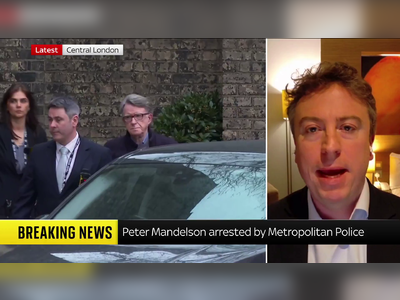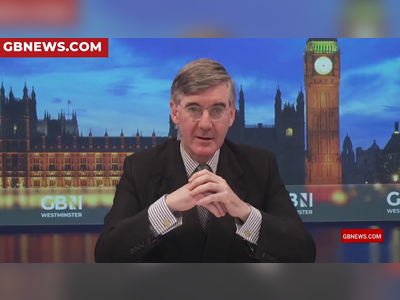Scrutiny Intensified: Governance Lapses at McVerry Trust
A comprehensive investigation reveals severe governance deficits, overshadowing substantial state funding at prominent Irish charity.
The latest probe into the governance of Fr Peter McVerry’s prominent homeless charity has raised significant alarms over lax board oversight.
Scrutiny by the Approved Housing Bodies Regulatory Authority (AHBRA) has uncovered troubling discrepancies, notably the listing of 37 properties as potential duplicate entries and the omission of 33 others from financial records.
These inconsistencies have portrayed an inflated picture of the charity’s assets and liabilities, reducing net assets by an amount estimated between twelve point six million and fourteen point four million euros.
This situation casts a shadow over the charity, which secured one hundred sixty-four point three million euros from the State and seventy-two point six million in donations between 2018 and 2022.
The AHBRA’s findings spotlight a critical oversight failure in documenting expenditures.
Inspectors determined that the reporting of capital expenditure was neither accurate nor complete, calling into question the integrity of financial management within the organization.
Further complicating matters is the revelation of potential conflicts of interest, specifically familial ties between board member Richard Lavelle and the charity’s legal firm, Lavelle Solicitors.
Such conflicts were reportedly not declared, reflecting poorly on governance practices.
Central to the governance issues is the inadequacy of the fixed asset register.
Inspectors highlighted that nobody had acknowledged responsibility for maintaining this register, and it was managed via an Excel file instead of a robust accounting system.
This lack of a structured approach, compounded by a missing unique identifier for properties, resulted in significant data inconsistencies.
Despite the gravity of these findings, the regulator, led by chief executive Fergal O’Leary, has opted not to execute enforcement powers immediately.
Instead, it will monitor ongoing reforms to ensure compliance.
O’Leary emphasized that these deficiencies could severely impact public trust.
The McVerry board has expressed regret over these revelations, underscoring its commitment to improved financial oversight.
In a statement, the board acknowledged responsibility and attributed prior lapses to individuals who withheld information.
It also noted significant operational improvements since mid-2023.
As the McVerry Trust navigates this tumultuous period, the focus remains on rebuilding confidence through enhanced transparency and governance, lessons that resonate across the charitable sector globally.
Scrutiny by the Approved Housing Bodies Regulatory Authority (AHBRA) has uncovered troubling discrepancies, notably the listing of 37 properties as potential duplicate entries and the omission of 33 others from financial records.
These inconsistencies have portrayed an inflated picture of the charity’s assets and liabilities, reducing net assets by an amount estimated between twelve point six million and fourteen point four million euros.
This situation casts a shadow over the charity, which secured one hundred sixty-four point three million euros from the State and seventy-two point six million in donations between 2018 and 2022.
The AHBRA’s findings spotlight a critical oversight failure in documenting expenditures.
Inspectors determined that the reporting of capital expenditure was neither accurate nor complete, calling into question the integrity of financial management within the organization.
Further complicating matters is the revelation of potential conflicts of interest, specifically familial ties between board member Richard Lavelle and the charity’s legal firm, Lavelle Solicitors.
Such conflicts were reportedly not declared, reflecting poorly on governance practices.
Central to the governance issues is the inadequacy of the fixed asset register.
Inspectors highlighted that nobody had acknowledged responsibility for maintaining this register, and it was managed via an Excel file instead of a robust accounting system.
This lack of a structured approach, compounded by a missing unique identifier for properties, resulted in significant data inconsistencies.
Despite the gravity of these findings, the regulator, led by chief executive Fergal O’Leary, has opted not to execute enforcement powers immediately.
Instead, it will monitor ongoing reforms to ensure compliance.
O’Leary emphasized that these deficiencies could severely impact public trust.
The McVerry board has expressed regret over these revelations, underscoring its commitment to improved financial oversight.
In a statement, the board acknowledged responsibility and attributed prior lapses to individuals who withheld information.
It also noted significant operational improvements since mid-2023.
As the McVerry Trust navigates this tumultuous period, the focus remains on rebuilding confidence through enhanced transparency and governance, lessons that resonate across the charitable sector globally.











